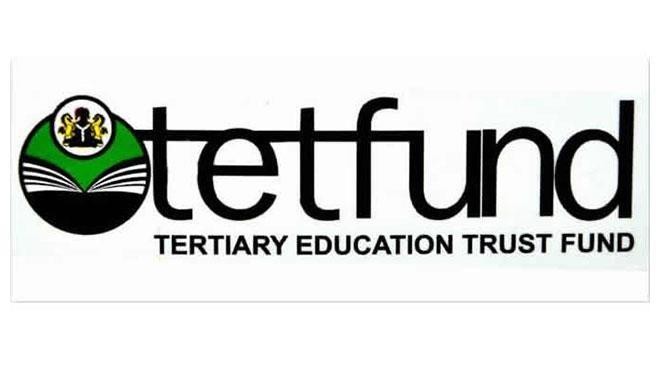A case for transformational leadership in the Nigerian public sector: The TETFUND experience
Over the last 11 years, we have worked as technical support providers in the Nigerian public sector. In that time, we have had first-hand experience of individuals and institutions at every level of government in more than 70% of the country. As an organisation, we pride ourselves that we are defined by certain fundamental philosophies; […]

TETFund
Over the last 11 years, we have worked as technical support providers in the Nigerian public sector. In that time, we have had first-hand experience of individuals and institutions at every level of government in more than 70% of the country. As an organisation, we pride ourselves that we are defined by certain fundamental philosophies; one of them being a strong sense of belief in the entity that is Nigeria, and the subsequent belief that individual and institutional actors must do all they can to further the growth and advancement that can lead to our greatness. This has driven us to strive for and show excellence in whatever we do, whenever possible.
Most Nigerians are aware of the numerous challenges being faced in the Public Sector, from crumbling infrastructure, to corruption, to low morale stemming from (with due respect to all well-meaning administrators past and current) overwhelmingly poor leadership. Our interactions with people at every level of the Nigerian public sector very often brings to light interesting lessons but this is the first time we’ve ever felt compelled to share with the general public one of those experiences.
Prior to this, we exclusively shared our experiences within our circle of colleagues and friends and most times we were left depressed and the air in our balloon of patriotism usually deflated; but then, this is still our country and our recent experience was akin to fresh air on our often-patched backdrop.
The Tertiary Education Trust Fund (TETFUND) is a critical institution in the national landscape in every sense of the word. It was setup to stop the “rot” in the Tertiary Education Sector and has had ‘relative success’ in doing so over the last decade.
Our interactions with TETFUND began while the institution was under its previous leadership and indeed there is a huge improvement now.
Some of us might have seen videos on social media of jubilant scenes at the TETFUND’s headquarters when the current Executive Secretary was returned to office. We saw them too but dismissed them as an over-expression of emotions by sycophantic civil servants who were desperate for a change in leadership. Our recent experience with the institution and its current Executive Secretary has proven otherwise.
Our experience began whilst in the Executive Secretary’s waiting room, we were reminded at sensible intervals by courteous staff (who were working after work hours in the month of Ramadan) to be patient and that we would be seen. We then noticed that everyone else in the waiting room were being ushered into his office in the order that they had come and not by their titles, positions or previous relationships.
When we eventually entered to meet with the Executive Secretary, he had the sense of decency to stand at his desk and firstly apologise for keeping us waiting and then the humility to listen and engage us in productive conversation.
James MacGregor’s concept of transformational leadership readily comes to mind. Transformational leaders are said to exhibit certain traits and behaviours which inspire and motivate a team or organisation to rally around a common vision or goal. These behaviours and traits include charisma, intellectual stimulation, inspirational motivation and individual consideration for each team or group member. One is left with no doubts that Prof. Suleiman Bogoro is a transformational leader and his presence and actions have had a profound ripple effect on a whole institution. Not only does he and his staff deserve commendation, they also deserve to be acknowledged and emulated, ideally right across the public sector. We sincerely believe that speaking out about this not only reinforces their positive behaviours but also engrains it in the fabric of their institution and hopefully makes a mark on the public sector and all the individuals who come in contact with them. Afterall, this is what best practices are supposed to be about; a sort of framework for collaborations and learning exchanges.
We walked away from our meeting not only enlightened but slightly elated. Our interactions with Prof. Bogoro and the staff of his “’transformed” institution left us hopeful that the kind of change we as Nigerians desire and must work towards still exists.
In the face of the weight the public sector in Nigeria carries, our observation may amount to tokenism. We are however guided by a sense of responsibility and the belief that the public sector space in Nigeria owes its citizens success. After all, the world is witness to how transformational leadership has shaped post-genocide Rwanda’s civil service and prior to that, that of countries like Namibia and Madagascar.
Jubril is a public sector consultant in Abuja, Nigeria
